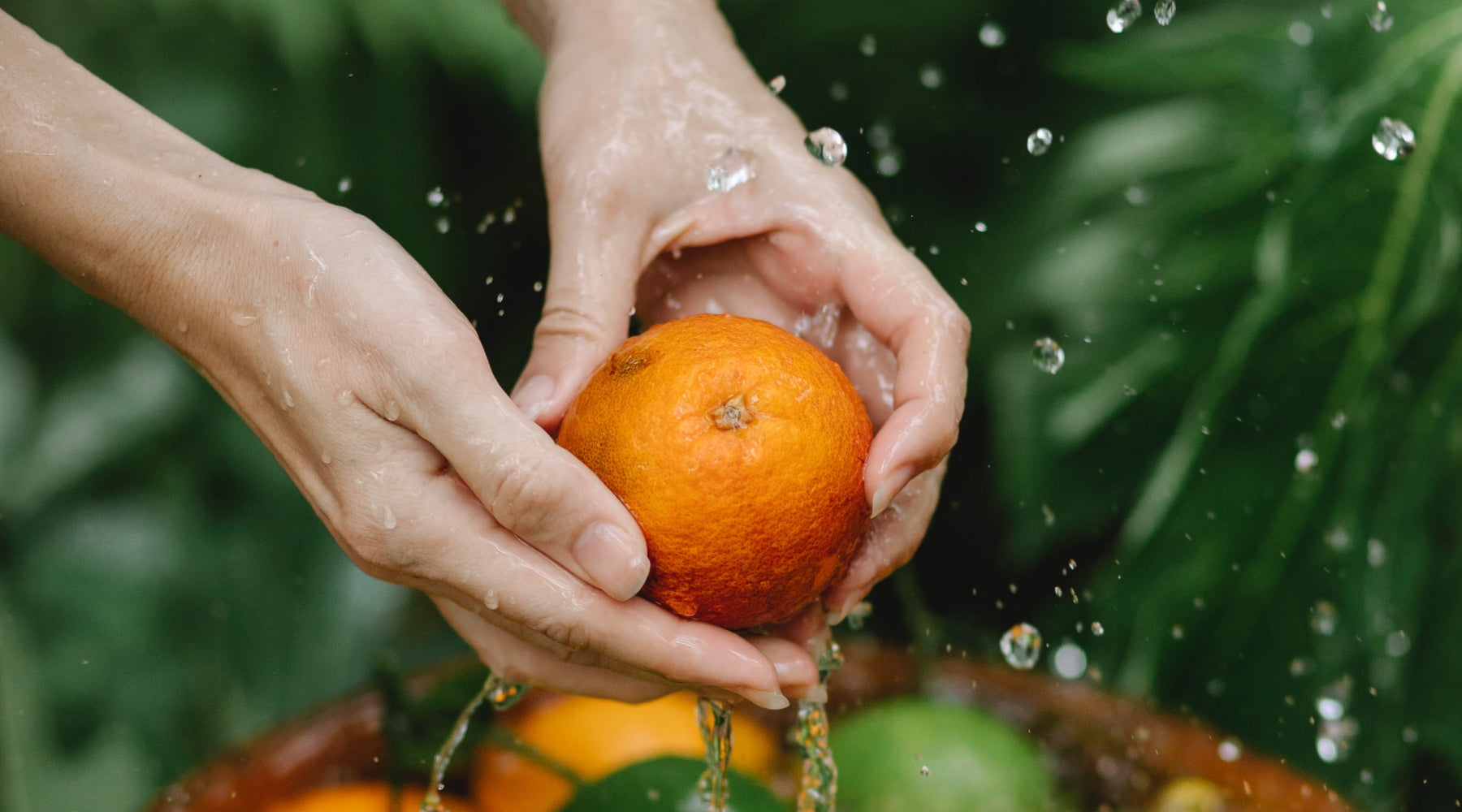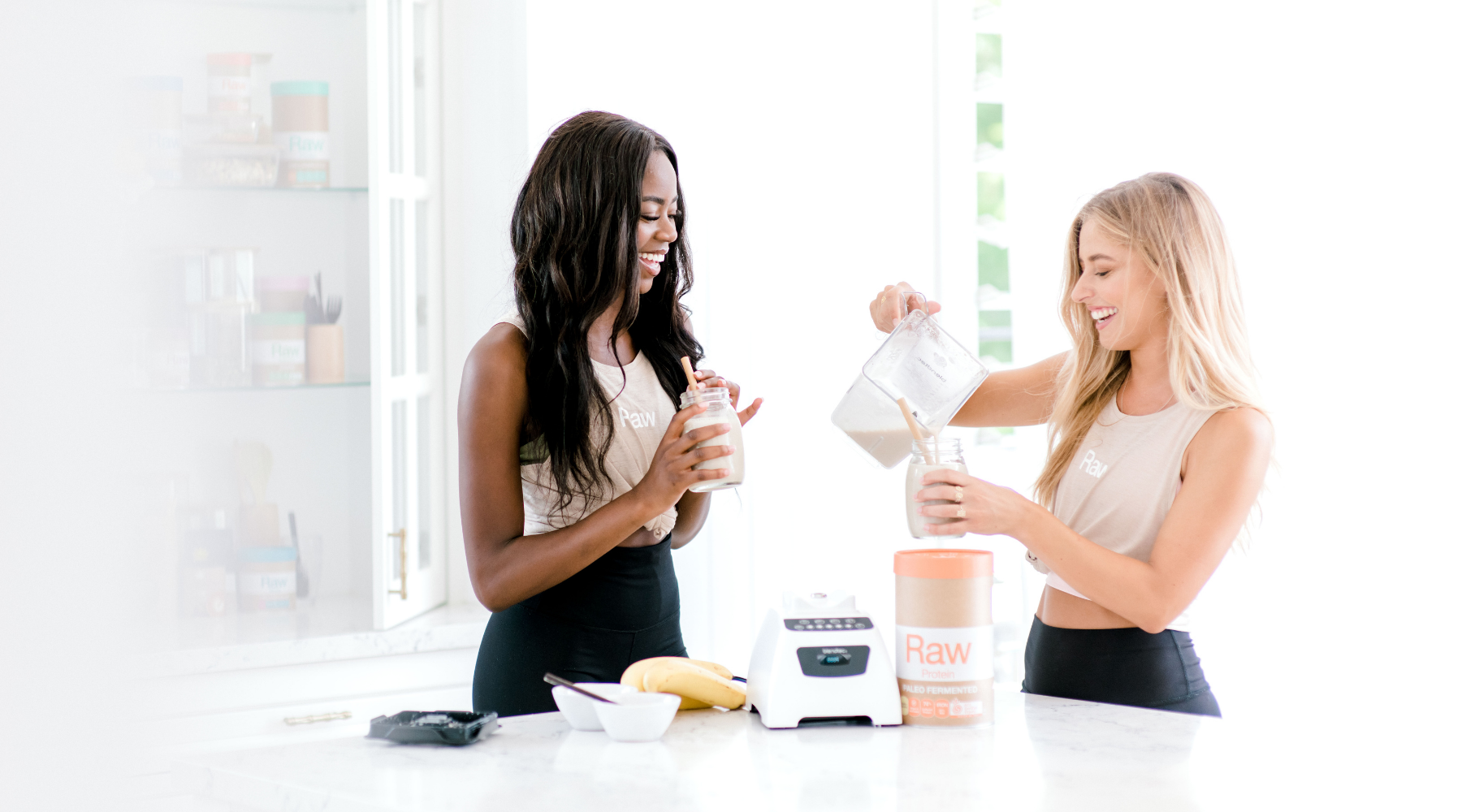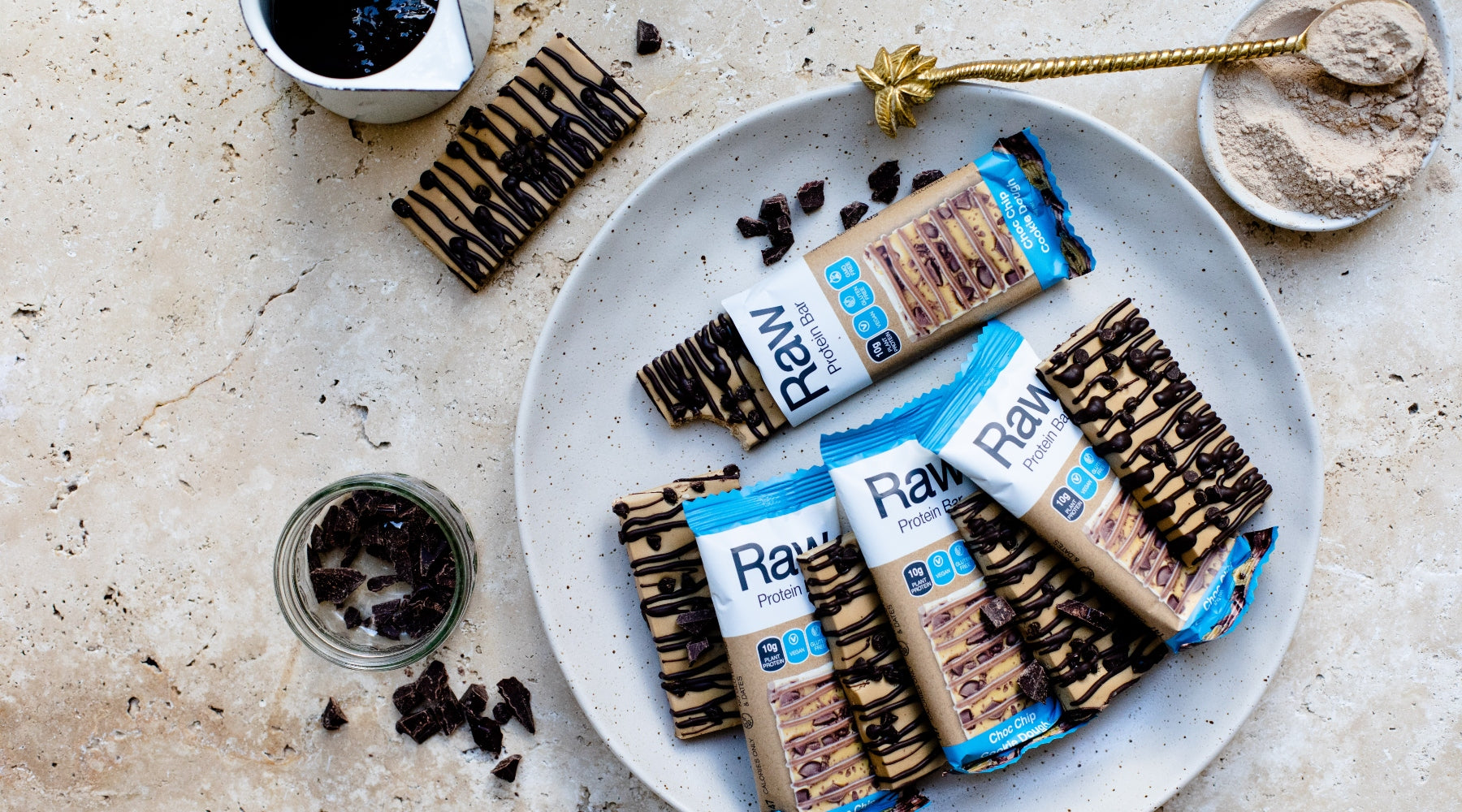
Environmental Toxins: What They Are & How To Avoid Them
Every day, we come into contact with hundreds of different toxic chemicals. They’re in the air we breathe, the food we eat, the water we drink, and the products we use. To help your body rebalance and function at its best, it’s important to look at the lifestyle changes you can make to help minimise your exposure to toxins.
What are environmental toxins and why are they so dangerous?
Environmental toxins are natural and man-made chemicals that may mimic or interfere with the body's hormones, known as the endocrine system. They include naturally occurring compounds such as lead, mercury, radon, formaldehyde, benzene and cadmium. They also include man-made chemicals such as BPA, phthalates and pesticides.
These endocrine disruptors are found in many everyday products we use. These include some plastic bottles and containers, food can liners, detergents, flame retardants, toys, cosmetics, and pesticides. Each of these toxins affect our bodies in a different way. Ultimately, they combine to prevent our body from functioning at optimal levels, threaten our daily health, unbalance our hormones, and may even reduce life longevity.
While we can’t completely control our environment, being aware of what we encounter and modifying how and what we consume can greatly reduce exposure. Continue reading to discover how!

8 ways to minimise your exposure to environmental toxins
1. Wash your hands
In a COVID-19 world, you should be doing this regularly anyway. Thoroughly washing your hands will rinse a substantial amount of chemical residue down the drain.
2. Avoid plastics
While you can’t eliminate plastic altogether, you can take some easy steps to reduce your plastic use. Avoid plastics marked with a “PC” (for polycarbonate) or recycling labels #7 and #3. Replace plastic ziplock bags with reusable lunch bags, and plastic cling wrap with beeswax-coated cloth. Where possible, opt for glass, porcelain or stainless steel cups, containers, water bottles and travel cups. And if you do use plastic containers, avoid heating or microwaving them and don’t wash them in the dishwasher.
3. Eat a wholefood, plant-based diet
Toxins accumulate through the food chain, so replacing meats and high-fat dairy products with whole grains, beans, soy products, fruits and vegetables is a great way to reduce your exposure to environmental toxins. It also means you’re consuming foods that are free of artificial sugars, flavours, preservatives and colours.
4. Cut back on canned foods
Many canned goods are lined with the endocrine-disrupting chemical BPA. Instead, try to eat mostly fresh and frozen foods.
5. Avoid artificial fragrances
It’s best to avoid nail polish, perfumes, colognes, and other scented beauty products that list phthalates as an ingredient. You might find that many scented products simply list “fragrance”, which could include a number of different chemicals.
6. Wash fresh produce
To minimise your exposure to pesticides, be sure to wash all fruits and vegetables well. Choose organic produce where possible, particularly the ones consistently found to have the highest pesticide residues – apples, strawberries, celery, peaches and spinach. Check out the Dirty Dozen and Clean 15 for more information. Alternatively, you could try growing your own fruits and vegetables at home!
7. Filter your tap water
Tap water can contain an array of potential hormone disruptors. Using a good-quality water filter can provide better tasting drinking water by removing chlorine, chemicals, pesticides, heavy metals and bacterial contaminants.
8. Clean smarter
Cleaning your home with harsh chemical cleaning products could be doing more harm than good. It’s tricky (and often impossible) to know exactly what chemicals any given cleaning product contains because companies aren't required to list the ingredients on the label. To encourage transparency and safer products, choose brands that voluntarily disclose the ingredients they use. Look for biodegradable alternatives or make your own cleaners from natural household staples like vinegar and baking soda.
9. Vacuum your home often
Research shows that lead, pesticides and flame retardants escape from electronics, couches, and baby products and collect in your household dust. Instead of sweeping or dusting, which may spread toxins into the air instead of removing them, use a vacuum with a HEPA filter to trap these small particles of dust.
References
https://www.ewg.org/consumer-guides/dirty-dozen-endocrine-disruptors
https://www.nrdc.org/stories/9-ways-avoid-hormone-disrupting-chemicals
https://maxliving.com/five-essentials/minimize-toxins/
https://www.precisionnutrition.com/all-about-environmental-toxin
https://www.niehs.nih.gov/health/topics/agents/flame_retardants/index.cfm


